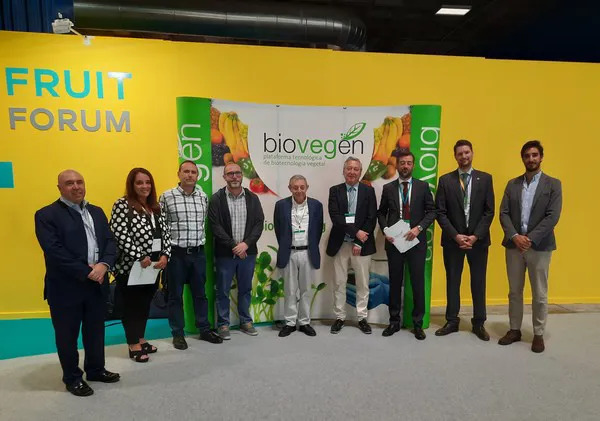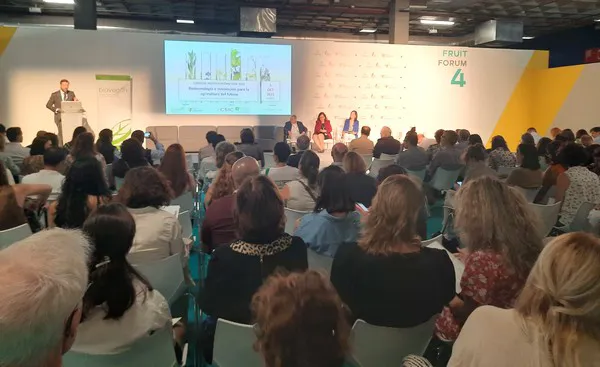Despite the EU's restrictive legislative framework, now under review, Spain is working hard so it won't be left behind in the scientific revolution involving the development of new genetic editing techniques. One of the emerging fields in this field is the development of biofactories to obtain, from plants, new molecules for agriculture, among other uses.

Obtaining these highly valued proteins or metabolites from vegetables instead of from the ‘reprogramming’ of bacteria, in yeasts or bio-fermentation systems, as has been done to date, will be key to moving towards greater sustainability. In fact, plants account for 81% of the planet's biomass, and therefore obtaining such molecules from them is a cheaper, faster process that allows greater scalability in production. "Spain is very well-positioned in research for the development of biofactories. We've managed to attract investment from multinational companies for large projects and we have an ecosystem of start-ups with great potential," stated Diego Orzaez, a researcher at the Institute of Molecular and Cellular Plant Biology (IBMCP, joint research center of the CSIC and the Universitat Politècnica de València) at the inauguration of the Biotech conferences organized by Biovegen during the Fruit Attraction fair.

Biovegen, the platform dedicated to connecting biotechnology research with the company, emphasized that the use of CRISPR-Cas-9 is making it possible to make the leap towards more sustainable solutions, facilitating the consolidation of a new avant-garde agricultural industry in the medium term.
A good example of this has been the outstanding results of the European Newcotiana project, which has managed to attract the German biotech giant NOMAD Bioscience, which is already testing in Extremadura a sweetener that is 11,000 times sweeter than sugar.
‘La Mayora’ (a center linked to the CSIC and the University of Malaga) is working on improving strawberries to reduce softening and lengthen their post-harvest life through the control of ripening and to increase their tolerance to fungal pathogens.
Soil improvement
Biotechnology also works to adapt to climate change by acting on soil quality and improving the response to abiotic stress caused by drought periods. In this sense, the work presented by the general director of Algaenergy, Carlos Rodríguez-Villa, was illustrative of how the new generation of biostimulants made from microalgae can  contribute to regenerative agriculture.
contribute to regenerative agriculture.
The Spanish agrotechnology company Biome Makers also presented another disruptive project to measure soil biodiversity.
